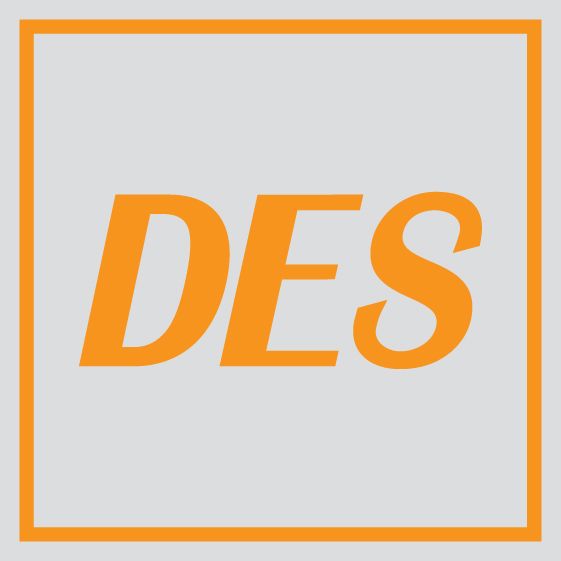Author Fania Pallikarakis
As a Solution Focus Practitioner and Coach, having worked with various audiences, it was in 2014 that I first facilitated a workshop aimed at parents and teachers. These participants were taking care of children with an ADHD condition and our work together was held in the framework of an E.U. Program led by the University of Thessaloniki.

Reflecting on how this went, I remember how the participants -mostly young mothers and education professionals- had walked into the workshop without really knowing what to expect; probably hoping for some helpful advice, which is what it would be usual to expect from such an event. And by the end of the workshop, I imagine how they probably walked out the room feeling a little surprised, as they now had new ideas about how their everyday life with children could improve or how they might start noticing they are becoming the parents or teachers they want to be, although no advice had been given to them. Instead, these new ideas were the result of their own creativity, their motivation to make positive change happen and the boldness they had to dare imagine that things could be different. All that I gave to them was a framework that made it possible for these ideas to rise to the surface.
Today, in advance of a series of workshops for education professionals to be held soon by The Study Rooms in Athens, I would like to share a bit more about how Solution Focus can help people working with children, as it is still a little known approach in Greece.
In brief, Solution Focus is an approach based on specific principles and tools to help people talk in a different way than usual in our everyday conversations. The framework it sets for these discussions helps to shift attention from problems to solutions, from despair to hope and from deficits to resources. As a result, people can reach more clarity, create more options for themselves, become more aware of their strengths and move more quickly towards how they would like things to be.
The Solution Focus process happens in a playful and fun way; the power of imagination plays a key role as do some unusual assumptions, like for example that the person undergoing the process is the only real expert on his/her own life and what’s best for him/her.
The simplicity of Solution Focus has enabled the approach to be used in a wide range of fields, such as coaching, consulting, social work, health, organisational development, mediation and also education and childcare. Its use is widespread in the States, Europe, Australia and also in Asia.
Specifically, when it comes to work within school settings, the use of Solution Focus seems to be a really adequate approach. Teachers face many pressures: difficult working conditions, behaviour problems in the classroom and complaints from parents, are all frequently part of their daily reality.
Added to this can be concerns regarding their own professional development. Solution Focus can be a simple and brief means of effecting positive changes in all these situations.
Through the Solution Focus approach, teachers and education professionals may:
- explore new ways as to how they can focus on both their own strengths and the strengths of their students
- try SF tools that will facilitate them in co-creating a hoped-for future collaboratively with their students
- discover how they can move from blame and problem talk towards a more solution-oriented direction, when things go wrong in the classroom
- find new useful ways to assess progress by noticing signs that things are moving forward and continuing to acknowledge what is already working
- appreciate the power of the questions and words they use during their discussions with students and how these impact on their interactions with them.
The basics of Solution Focus can be picked up quite quickly, and, having experienced the approach being applied to their own learning and development through SF workshops, teachers are usually able to try it out in small ways in the classroom
Teachers who have applied the approach come up with very positive comments. Building relationships of respect with students is often a valuable outcome. And it goes beyond that. As Tim Taylor, a primary school teacher, puts it in his article in The Guardian: ” this approach can be more effective than problem focused methods. It’s more effective at keeping children in school, at reducing stress in children and adults, and in developing successful learners. It can also be a lot cheaper.”
As the Solution Focused community is growing globally so quickly, the interest in applying it in Education is maybe not so surprising. Current E.U. trends in education policies also show that the current tendency on a European level is to shift the focus onto the strengths, resources and talents of students rather than on their deficits. This is an actual way of facing the changing anthropogeography of schools in Europe, among other challenges. Open education approaches and peer or intercultural learning, are only a few examples of these growing ways of working. In this sense, Solution Focus is part of a paradigm shift paving the way to useful, groundbreaking and surprisingly efficient alternatives on how to establish fruitful interactions between teachers and students, increase self-responsibility and learn together how to build solutions.
Original Published on:
http://www.solution-focus.gr/en/blog/solution-focus-for-teachers-is-there-another-way/
Author Fania Pallikarakis
